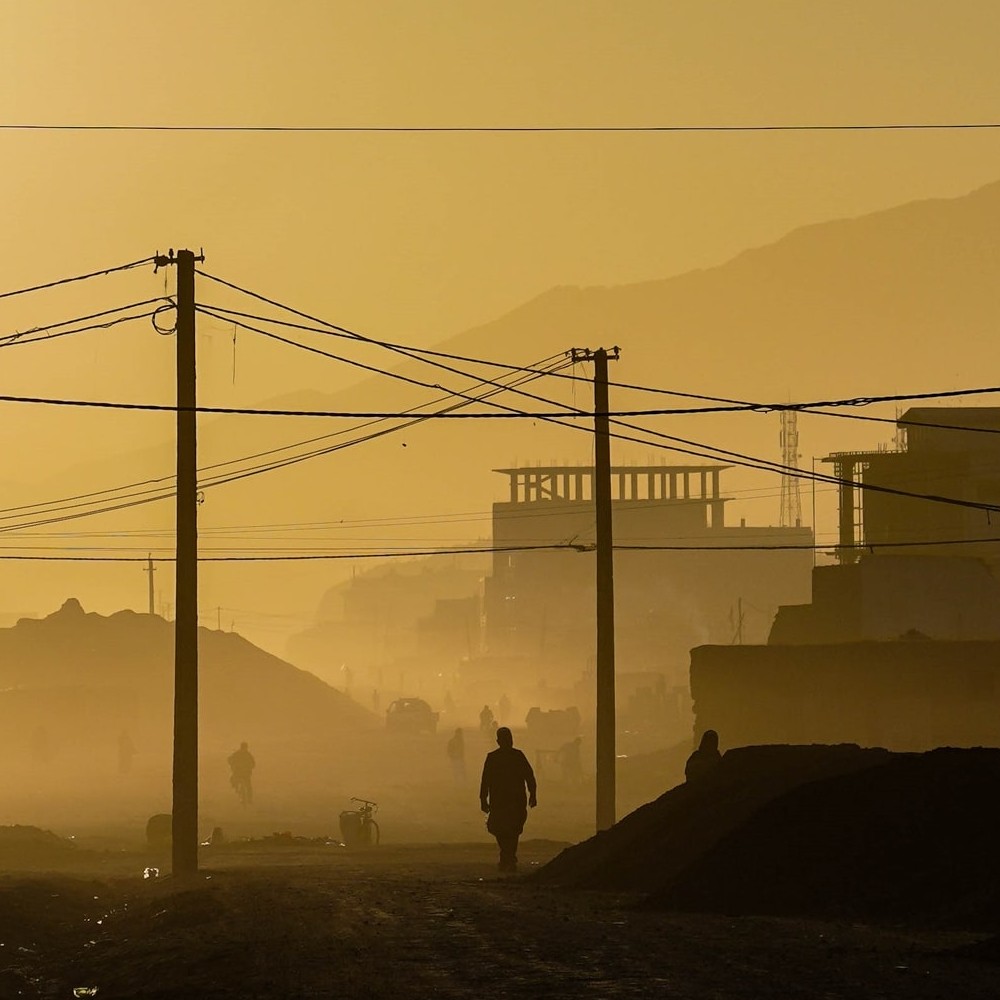Published:
Recently Afghanistan has been at the center of world news as the country finally fell under Taliban rule, putting an end to a decades long fight. The Taliban was created in 1994 from former resistance fighters, attempting to halt a Soviet invasion of Afghanistan. Their purpose was to enforce a specific version of Islamic law at the time, and protect that law by eliminating any foreign influence. Two years after their conception, the Taliban was strong enough to capture Afghanistan’s capital, Kabul. The Taliban quickly enforced strict rules, such as head-to-toe coverings for women and banning TV and music. Their next most notable action, and the start of their downfall, happened on September 11th, 2001. The Taliban carried out a plan to hijack multiple planes in the United States, with two crashing into the World Trade Center towers. More than 2,700 people were killed in this terrorist attack.
After 20 years of trying to reclaim the power they held in 2001, the Taliban finally got their wish on August 15th, 2021 as they took over Kabul for the second time. The Afghan people and world worry for their future as they remember the dark past that the Taliban created. This time around the Taliban had promised a more modern version of the country they once ruled, specifically concerning women's rights.
Despite the early promises, the Taliban has already reneged. On September 13th, news of women being ordered to stay home and not being allowed to attend school broke. Although upsetting for the rights of women, this news creates a clearer picture of the future of Afghanistan under Taliban rule.
Economics is also causing an air of uncertainty within the country. The Taliban has asked the Afghan people to return to work, but have no money to pay them and banks have finally opened again, but they cannot distribute money how they normally would since most funds are frozen. The most recent central bank chief, Ajmal Ahmady, worries that there is not enough money to run a government under Taliban rule. Ahmady predicted that the GDP could shrink as much as 20%, causing citizens and businesses to suffer. Luckily, Afghanistan is rich in natural resources including gold, oil, and lithium. These natural resources could save them from economic collapse, but it will be a race against the clock as the resources take time and capital to fully reap the benefits of. This will become the responsibility of the Taliban and it is pertinent that the Taliban is not hostile to outsiders for deals to be made. Luckily for them, China has already expressed interest in doing business.
In addition to China, Pakistan hopes to keep close to the Taliban in order to have influence on the Taliban’s Pakistan branch. Outside of these few countries, the rest of the world is advising, waiting, and watching to see how the Taliban acts. With some of the advice the United Nations and the United States gave to the Taliban already being tossed aside, a close, positive relationship does not seem likely at this time.
File under






